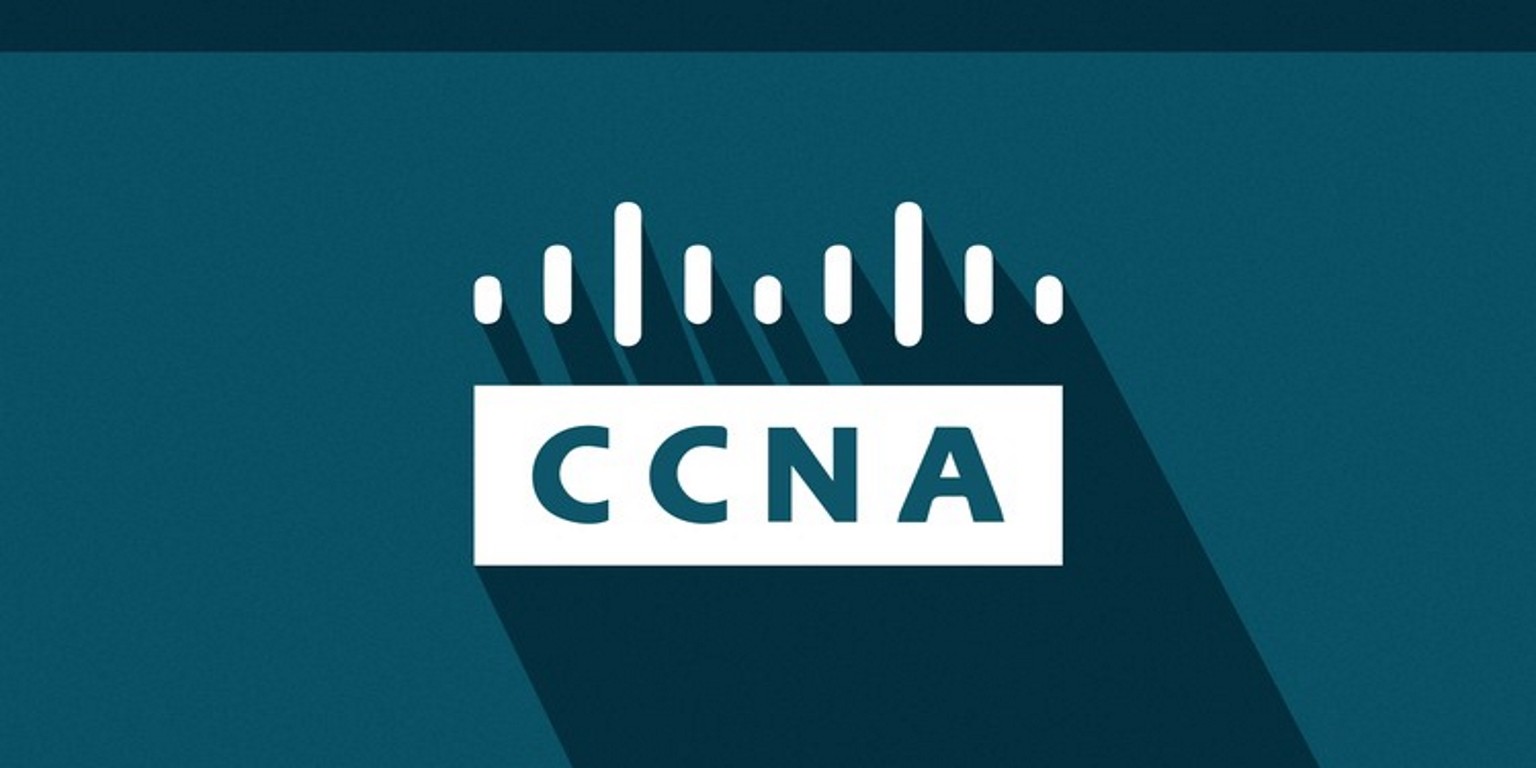CCNA (Cisco Certified Network Associate) is a set of specialized certificates that verify a person’s ability to operate in the computer networking domain. Individuals with fundamental network specializations are most likely to possess these certifications.
When network administrators decide to join the world of Cisco routing and switching, the first certification they will come across is the Cisco Certified Network Associate (CCNA). This certifies that the bearer has the skills required to support and maintain a small to medium-sized network.
What Exactly Is CCNA Certification?
Cisco Certified Network Associate (CCNA) is a professional certification offered by Cisco for networking professionals in their initial professions. It covers the following topics:
- Basics of a Network
- Network Accessibility
- Connectivity via Internet Protocol (IP).
- IP-Based Services
- Basics of Security
- Programmability and Automation
Recently, Cisco made substantial modifications to its test structure, intending to modernize and make it much more flexible. It also aimed to effectively integrate the test with modern business demands. Cisco previously provided multiple CCNAs for various networking specializations. The most recent upgrade merged those courses into a single CCNA certification, which has become the baseline for all Cisco-based professional tracks.
Cisco certifications and its 4 levels
Cisco provides one entry-level certification type, Cisco Certified Technician, in three technological tracks: Collaboration, Data Center, and Routing & Switching. It is designed for technical support positions and is not required for CCNA or other higher-level certifications.
Cisco’s certification structure is divided into four levels:
- An individual at this level has been in a field for one or two years and is a member of the team but not the head of one.
- This level of information technology (IT) professionals has broader experience; they may be a senior part of a group or a team manager.
- An individual has worked in the networking sector for some years and has gained expertise in a particular area at this level.
- This level of certification recognizes even more expertise, concentrating on end-to-end IT abilities ranging from planning and design to managing and improving network infrastructure.
Examinations are administered at all four levels in three fields of expertise: engineering, software, and cyber operations.
Before the revisions to Cisco’s certification program in 2020, CCNA was compulsory for all higher-level tests, such as Cisco Certified Network Professional and Cisco Certified Internetwork Expert. This is no longer true. There are no longer any strict qualifications, and anyone can take examinations whenever they feel fit. Cisco does, however, make suggestions on the degree of competence required to pass various examinations.
CCNA remains a core qualification that acts as a stepping stone to other certifications. It is a valuable certification to have, regardless of what the person decides to specialize in the future.
What are the advantages of obtaining CCNA certification?
The following are the primary advantages of completing the CCNA exam:
- Knowledge – Those who pass the exam possess a basic understanding of network administration.
- Skills – Passing the CCNA test provides extensive training in a variety of jobs and abilities.
- Credibility – When a candidate has the CCNA certification on their CV, hiring managers might see that they have authentication from Cisco and are proficient with a wide range of Cisco networking technologies.
- Updating skillset – Especially experienced IT workers will benefit from completing and qualifying for the CCNA since it keeps professionals up to date on networking technologies.
- Pay – According to Global Knowledge’s “2020 IT Skills and Wage Report,” obtaining a new IT certification results in a roughly $13,000 salary rise on average.
- Versatility – According to the US Bureau of Labor Statistics, the need for IT specialists is growing. This makes CCNA a desirable certification to obtain because it applies to a variety of IT career choices.
What are the requirements for obtaining CCNA certification?
The CCNA test has no official requirements, according to Cisco. However, on the other hand, a CCNA candidate must have the following for quick understanding:
- At least one year of experience with Cisco networking products
- Fundamental understanding of IP addressing; and
- Thorough knowledge of networking concepts
CCNA and other examinations were updated as part of the 2020 modifications to Cisco’s testing program to reflect a networking professional’s traditional career development. Candidates can sit for an examination if they believe they are competent and browse around here for more technical details.


